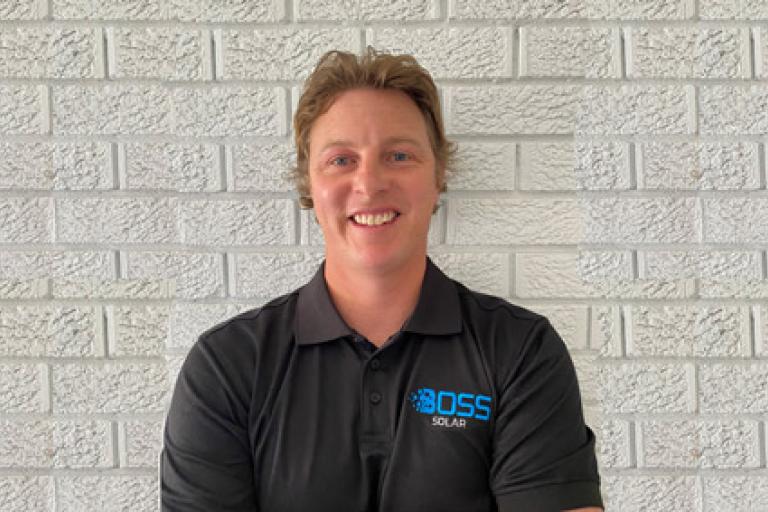Pool and spa industry more important than ever

In light of the closure of gyms, leisure centres and public pools, the place of the humble backyard swimming pool will be more important than ever in keeping homebound families fit and healthy. Equally important are the industry members who service and maintain those pools.
With the aim of reducing the spread of Covid-19 and “flattening the curve”, the National Cabinet agreed to impose restrictions that mean “non-essential” businesses may be closed for many months.
Add to this the recommendation for as many people as possible to work from home and the plea from state premiers to keep children home from school, and it is clear more and more Australians will be homebound and in the need of exercise to maintain physical and mental wellbeing.
Properly disinfected swimming pools and spas are safe from transmission of the coronavirus, and will be a vital source of exercise and wellbeing for homebound Australians.
The advice from the Australian Department of Health, consistent with that of other health departments around the country, is that: “There is no evidence that the virus will survive in well managed and maintained pools chlorinated in accordance with Australian standards and guidelines.”
This echoes the advice from the authoritative US body, the Centres for Disease Control and Prevention (CDC), that there is no evidence that Covid-19 can be spread to humans through the use of pools and spas.
However, it is essential proper maintenance of the pools is carried out to remove or inactivate the virus that causes Covid-19 – and pool and spa retailers and technicians are essential for that to occur.
Pool and spa industry is an essential service
SPASA is lobbying to ensure the government classifies the pool and spa industry as an essential service.
Lindsay McGrath, CEO of SPASA Australia, says that the national organisation together with its sister organisations SPASA Victoria and SPASA Western Australia are advocating that the pool and spa industry is an essential service delivering important health benefits to the community, playing a vital role in the control and prevention of the spread of Covid-19.
“SPASA firmly believes the companies that supply pool sanitisation and disinfection materials (through manufacturing, distribution or retail stores), the companies that manage the maintenance of swimming pools, spas and other artificial bodies of water and the companies currently constructing in-ground pools and spas are essential to preventing the transmission of infectious diseases, helping maintain community health, and ensuring public safety,” he says.
McGrath wants everyone to join in the push to ensure the government knows the important place of the industry in this battle to fight infection.
“We encourage all members communicate to your local member to ensure our industry remains at the forefront of decision-makers’ minds to protect the community,” he says.
Useful points
The information below can also be used to help press the case.
• Pool and spa businesses are an essential service that manage the service, maintenance and construction of swimming pools and spas, to prevent the transmission of infectious diseases and maintain community health.
• Pool and spa businesses are essential to public safety as we undertake safety assessments to keep children and the public protected in a compliant pool and spa environment.
• Pool and spa businesses are viewed as professional, responsible and trusted to work unsupervised in backyards. We adhere to Government requirements, such as social distancing, strict hygienic processes and contact-free construction. Pool and spa retail and services and companies that provide construction and maintenance of pools and spas, including supplying sanitisation and disinfection materials, should be considered essential.
Additionally, SPASA Australia together with SPASA Victoria and SPASA WA have been lobbying ministers directly. You can view a copy of the letter here, which contains valuable information that could be useful when talking to your local members. Contact as many as possible, Federal, State, and also health ministers in your relevant areas.




